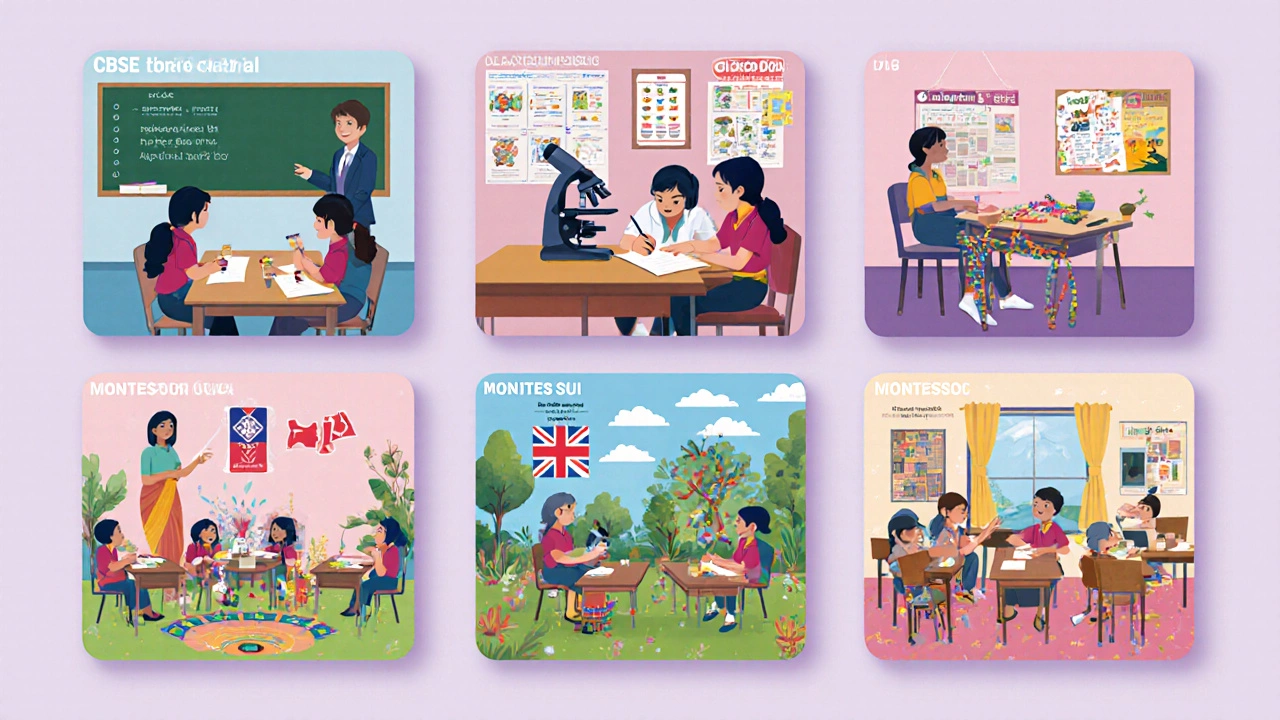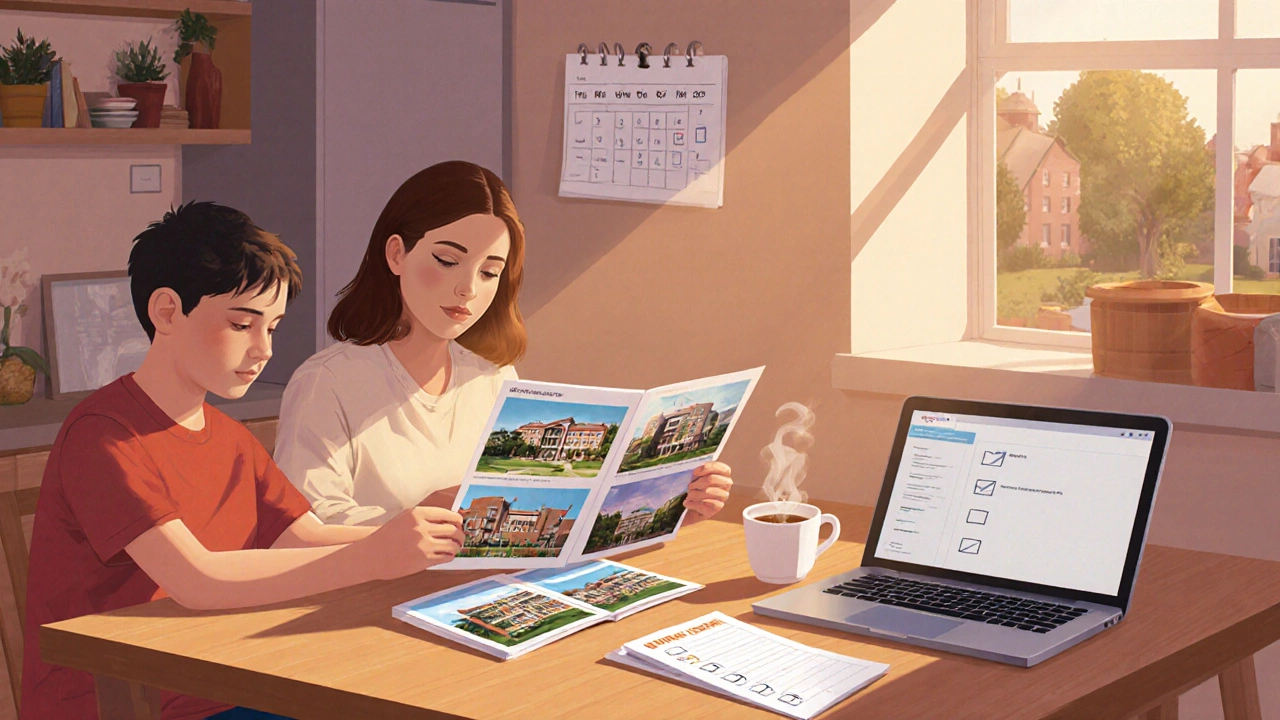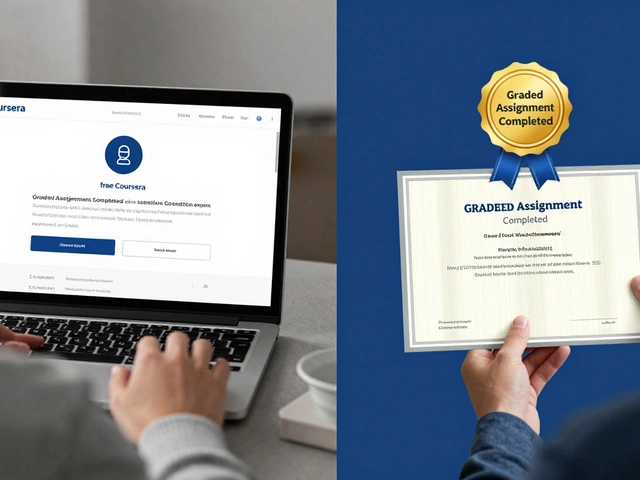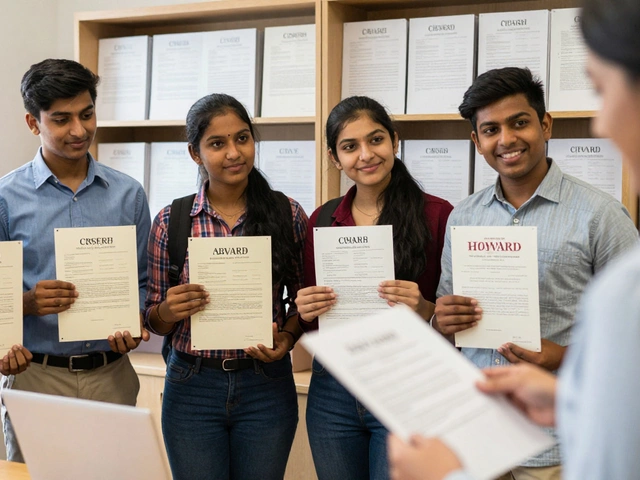Choosing a school syllabus for your child can feel like navigating a maze of acronyms and promises. With best syllabus for kids on your mind, you need clear facts, not marketing fluff. Below we break down the most common Indian curricula, compare them on kid‑friendly criteria, and give you a practical way to decide which one fits your family.
What Parents Really Care About
Before we dive into the boards themselves, think about the qualities that matter most to a child’s growth:
- Academic balance: How well does the syllabus blend core subjects with creativity?
- Exam pressure: Are assessments frequent and high‑stakes?
- Future readiness: Does it align with higher‑education requirements in India and abroad?
- Language exposure: Is there a strong focus on English, regional languages, or a second language?
- Extracurricular integration: Are arts, sports, and life skills woven into the timetable?
Use these five lenses as a checklist when you read the board overviews.
Major School Syllabi in India
Let’s meet the most popular options. Each description appears with structured data so search engines can recognize the entities.
When you hear “CBSE”, you probably think of the most prevalent board. CBSE is a central board of education in India that focuses on a balanced mix of academics, co‑curricular activities, and standardized assessments. It serves over 20 million students and is designed to prepare kids for national exams such as the AISSEE and JEE.
ICSE is a syllabus administered by the Council for the Indian School Certificate that emphasizes deeper theoretical understanding and strong English language skills. It’s popular in urban schools that value rigorous writing and science projects.
State‑run curricula vary by region. State Board refers to the many state education boards (for example, Maharashtra State Board, Tamil Nadu State Board) that tailor content to local languages and cultural contexts, often with lighter exam loads.
For families eyeing an international pathway, the International Baccalaureate (IB) is a global program known for inquiry‑based learning, emphasis on critical thinking, and a strong focus on community service. It’s offered in select Indian schools and aligns with universities worldwide.
The Cambridge IGCSE is a British‑style curriculum that provides flexible subject choices and grades based on external examinations. It’s a good bridge for kids planning to study abroad in the UK or Commonwealth countries.
Early‑childhood alternatives include Montessori, a child‑centered approach that encourages self‑directed activity, hands‑on learning, and collaborative play. While not a board per se, many K‑12 schools embed Montessori methods in primary grades.
Waldorf Education is a holistic system that integrates arts, crafts, and rhythmic activities with academics to nurture imagination and social skills. It suits families looking for a slower paced, creative environment.
Finally, the NIOS (National Institute of Open Schooling) offers a flexible, distance‑learning model that can complement other boards or serve as a stand‑alone option for children with irregular schedules.
Side‑by‑Side Comparison
| Criterion | CBSE | ICSE | State Board | IB | Cambridge IGCSE | Montessori | Waldorf |
|---|---|---|---|---|---|---|---|
| Academic rigor | Moderate‑high, exam‑oriented | High, theory‑heavy | Varies, often moderate | Very high, inquiry‑based | High, flexible subject mix | Low‑moderate, skill‑focused | Low‑moderate, arts‑centric |
| Exam pressure | Frequent board exams | Annual board exams | Year‑end exams, lighter | External assessments (DP) | External exams at grade 10 | Observational assessment | Portfolio & teacher notes |
| Language of instruction | English + Hindi option | English dominant | Regional language + English | English (multilingual support) | English (regional options) | Multilingual, child‑chosen | English (with arts integration) |
| Extracurricular emphasis | Sports, NCC, arts | Strong emphasis on projects | Varies, often limited | Community service, CAS | Clubs, sports, arts | Practical life skills, art | Music, drama, crafts |
| University recognition (India) | High, required for most engineering/medical seats | High, accepted for all streams | Accepted but may need conversion for competitive exams | Accepted, but limited seats in Indian universities without conversion | Accepted, often via conversion tables | Usually paired with a board for 10th‑grade exams | Usually paired with a board for formal certification |
| Best for | All‑rounders aiming for national exams | Students who love deep reading and science labs | Families wanting local language focus and lower stress | Globally mobile families, strong critical thinkers | Kids targeting UK/International universities | Early‑childhood learners, hands‑on explorers | Creative families, slower academic pacing |

Matching Syllabus to Your Child’s Personality
Now that you have the data, ask yourself these simple questions:
- Does your child thrive on structure? If yes, CBSE or State Board might feel comfortable. If they enjoy open‑ended projects, ICSE or IB could be a better fit.
- Is competitive exam pressure a concern? State Boards and Montessori typically have lighter stakes. CBSE and ICSE involve yearly board exams that affect college entrance scores.
- Do you anticipate relocating abroad? International curricula like IB or Cambridge give smoother transitions to foreign high schools.
- How important is language development? If English fluency is a priority, ICSE, IB, and Cambridge provide rigorous English training.
- Do you value arts and life skills? Waldorf and Montessori embed these daily, while CBSE and ICSE often treat them as after‑school clubs.
Plot your answers on a 5‑by‑5 matrix and see which syllabus lights up the most cells - that’s your sweet spot.
Common Pitfalls Parents Should Avoid
- Choosing based only on popularity. CBSE is the biggest, but not automatically the best for every child.
- Ignoring school implementation. Two CBSE schools can differ wildly in teacher quality and extracurricular budget.
- Over‑committing to a board early. Many families switch after primary grades without penalty; keep options open.
- Discounting cost. International programs (IB, Cambridge) carry higher fees; ensure they fit your budget.
- Neglecting future goals. If your child aims for engineering, CBSE’s alignment with JEE is a practical edge.

Next Steps: A Practical Action Plan
- List your top three criteria from the earlier checklist.
- Shortlist 2‑3 schools that offer the syllabi you’re considering.
- Visit each campus, ask teachers how they balance academics and play.
- Ask for recent exam results and extracurricular calendars - numbers speak louder than brochures.
- Make a decision within 4‑6 weeks, giving yourself a clear deadline to avoid endless research loops.
Remember, the “best” syllabus is the one that matches your child’s learning style, your family’s goals, and the resources you can realistically support.
Frequently Asked Questions
Is CBSE harder than ICSE?
CBSE focuses on clear concepts and frequent practice tests, which can feel fast‑paced. ICSE dives deeper into theory and expects strong writing skills, making it academically more demanding for many students.
Can a child switch from a State Board to CBSE after 5th grade?
Yes. Most schools accept transfers, but the child may need to catch up on CBSE’s specific math and science syllabi. A bridge program or summer tutoring can smooth the transition.
Which syllabus prepares better for overseas university admission?
International programs like IB and Cambridge IGCSE are globally recognized and align with admission criteria of UK, US, and EU universities. CBSE and ICSE are also accepted but often require conversion of marks.
Are Montessori or Waldorf schools suitable for competitive exam preparation?
They excel in creativity and self‑discipline, but they do not directly cover the board‑exam syllabus. Parents usually pair them with a mainstream board (CBSE/ICSE) for grades 9‑12 to meet competitive exam needs.
How much does an IB program cost compared to CBSE?
IB tuition can be 2‑3 times higher than CBSE, ranging from ₹2 lakh to ₹5 lakh per year depending on the school’s facilities. CBSE fees are usually between ₹50 k and ₹1.2 lakh per year.




